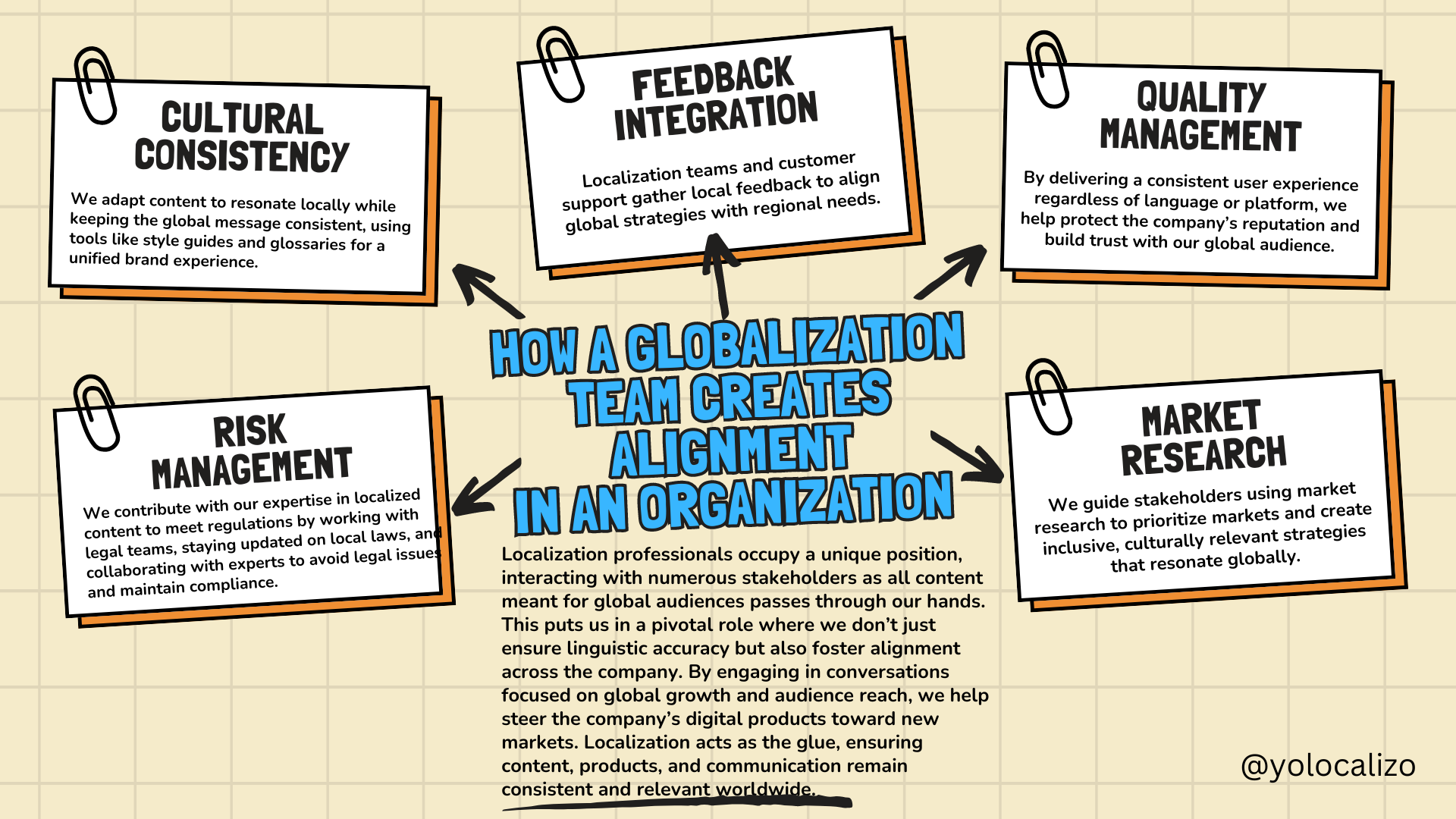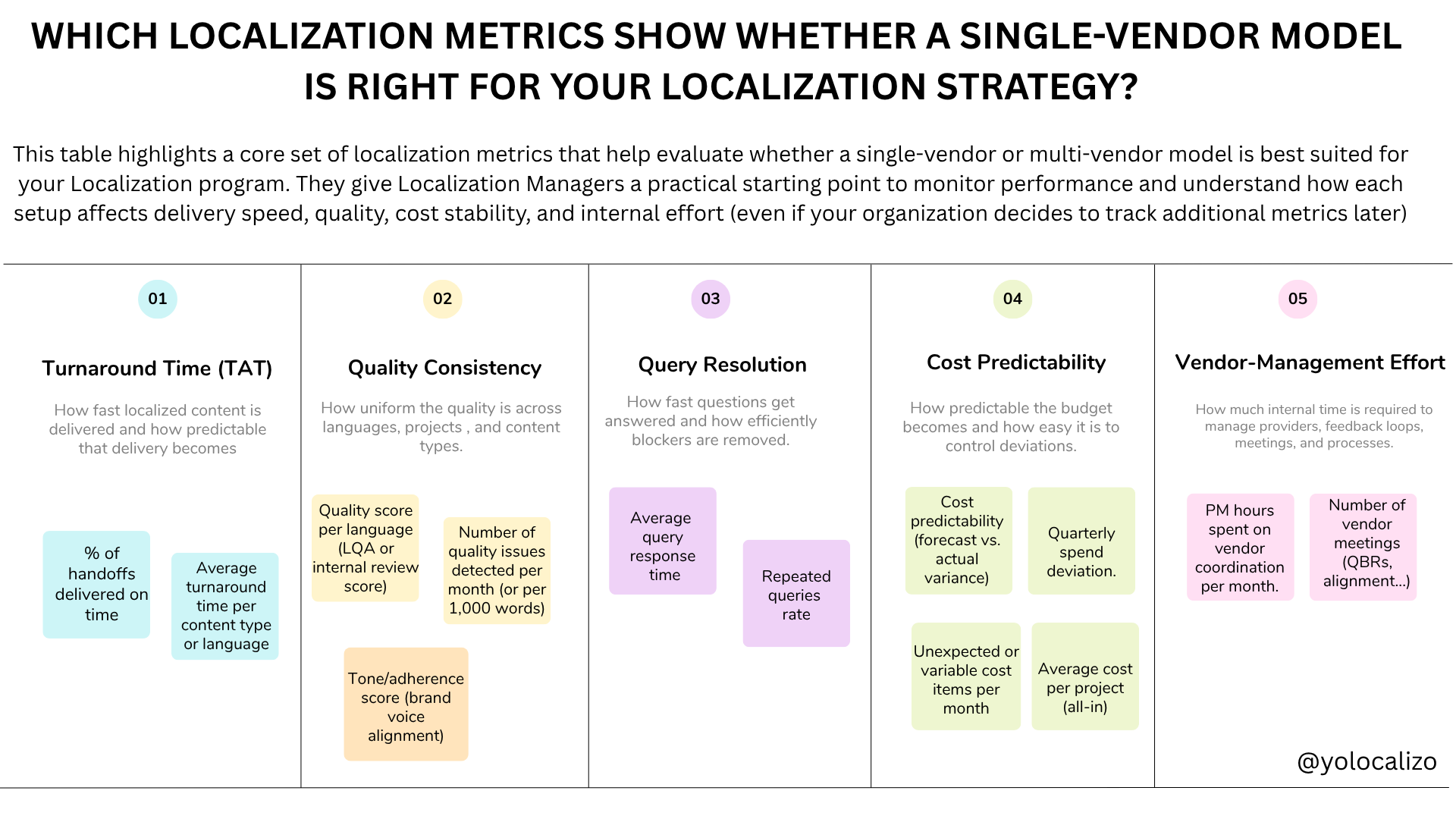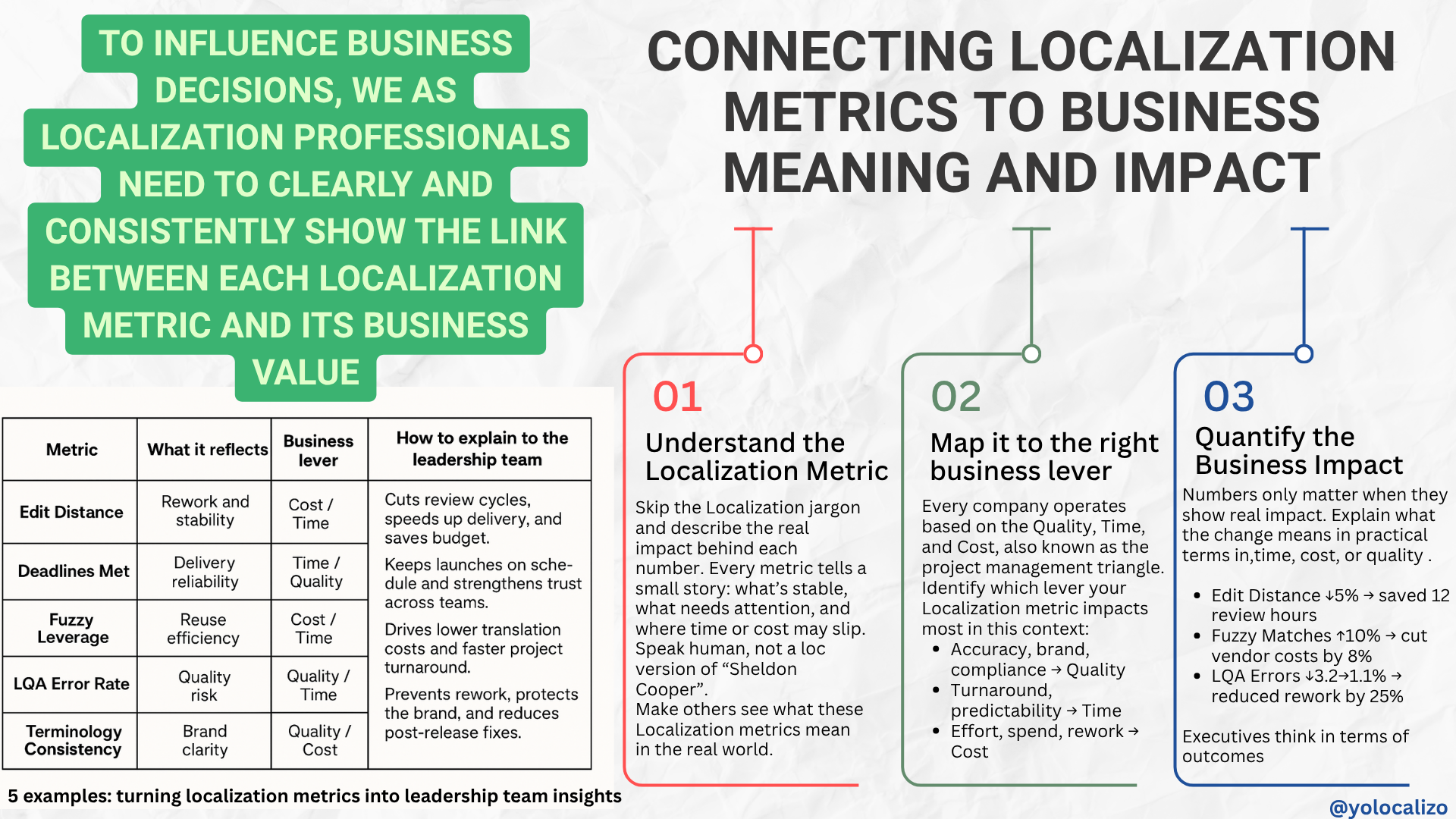Charging Localization per word feels so eigthies ... so vintage!
Murphy’s law! A few weekends ago I was playing an epic Fifa online match with my friend Felix.
He usually plays with Barça and I usually play with Real Madrid, nobody is perfect 😃
That game that day was very intense, many opportunities, missed goals and amazing shots to the crossbars! It was 4-3 (me down) when my wife came to the living room to tell me that the hot water was not working. Argh! Broken climax!
Right side ... happiness, left side problems, cold water ...
I paused the game to have a look but nothing that I could fix (…fair to say that it did not come as a surprise based on my limited knowledge about how to fix boilers!)
We phoned gas technician and his diagnostic was that the condenser was broken and he had to change it.
We asked for a quote and he gave us a price per hour+the replacement piece …. It was a little bit pricey but we agreed.
The technician changed it and it took him around 20-25 minutes, but he charged us the whole hour, I asked him if it was not possible to charge 0.5 hours and he mentioned that in his field they charge per hour … and that made me think ….
Why in the translation/localization industry do we keep getting our quotes usually per word? It’s so eighties! So vintage!
And the gas technician is not the only one applying a rate per hour! I don’t see lawyers charging half hours; or per every word that they use to “defend us”! that’s why it feels weird that we are still charging for example 0.14€ as a rate per word
But why our translation industry keep charging per word? I mean, is this still relevant? We’ve been charging Localization activities for decades per word, and I wonder if charging per word is still a valid approach.
Maybe we should follow the path of the “transcreators”, this special branch of the glocalization services made in my opinion the right move as their quotes usually is per hour.
Perhaps charging per hour it’s not the best option neither. I feel buying localization per hours somehow it feels to me as buying goods. I have the feeling it’s as if I go to the market and I get 2 kilos apples, 3 kilos potatoes and 10 hours of Localization! No, I don’t think charging per hour is the ideal situation, but still, I believe it’s much better than the price per word. Charging per word I don’t think is valid anymore.
Why do I believe that charging per word/(even hour) is not really realistic?
I’ll take as an example video games localization. Contrary to what many people think video games are complex pieces of software to translate (I’ll explain in different future post reasons why I believe that).
If we are charging the cost to translate a game per word, we are missing an important variable to the formula. This is that it takes time to understand the mechanics and style of a game.
For this reason, productivity rates are dramatically impacted; and the number of words you can get translated per hour are fewer compared to the production rate we might get when translating an app to track for example financial shares.
In a game it will be required to understand the personality of the different characters to come up with a localization style matching their personality, also we will need time to get familiar with mechanics and the different game modes of the games. The familiarisation phase for a game is very important for anyone translating a game, and each game is different from the other.
This does not help a translator to change from one game into another and expect to get lightning productivity throughput
For these reasons why are, we obsess in our industry with the price per words/hours?
Even if we eventually might agree that price per word is the right method in our industry to calculate our localization budgets we are not even comparing apples with apples!
I mean, the rate per word from different players in our industry include different services. Some translation rates per word will include only and exactly that .. the translation cost, others they will include also proofreading, others not only they include translation+proofreading but also edit. Too complex!
That’s why I believe that even if localization per hour is not the ideal model at least I feel it’s still better than charging per word.
Now the question is … what’s the ideal model to charge Localization in our industry? And to be honest, I don’t know what’s the ideal model of charging Localization services nowadays is.
Maybe one possibility to charge localization nowadays might be a model, similar to services such as Netflix or Spotify. Basically, we agree on a monthly/quarterly price for a certain volume/services. Obviously this model would not work if we have strong peaks and valleys, however, if our volume of work is somehow constant this might be a valid approach. And this approach might fit very well in the continuous/Agile localization delivery world we are living now. Localization workload per sprint is somehow scalable, and quite often predictable between certain limits; for this reason, I believe that a subscription-based service model might be a valid approach. An approach aligned to century XXI … because charging per word feel so century XX, so vintage 😃
What’s your opinion about all this? Do you have any thought about how we might buy localization services and be better aligned with current business needs? Have you acquired translation services without going the typical “per word rate/hour” quote?
If so I would love to read your comments, maybe between everyone’s feedback we can have a newest approach!
Meanwhile, have a splendid week!
@yolocalizo














This feels like a pivotal moment. Localization teams are being asked to support more markets, move faster, use AI responsibly, and show impact, not just output. Expectations are higher than ever, but many teams are still trained mainly for execution. We are strong at delivering localization work, yet we often struggle to move from output to outcome and to clearly explain the impact of what we do.